Michel Sleiman
Michel Sleiman
Born on the 21st of November 1948, in Amchit – Jbeil
Married to Mrs. Wafaa Sleiman, and has 3 children:
Rita, Dentist, married to Engineer Wissam Baroudi, and has two children;
Lara, Architect Engineer, married to Engineer Nabil Hawat;
Charbel, Medical school, 6th year.
He graduated from the Military Academy as 2nd Lieutenant in 1970, and he was appointed Commander-in-Chief of the Lebanese Army on December 21, 1998 and till May 25, 2008.
Academic qualifications
President Sleiman obtained a Bachelor of Arts in Political and Administrative Sciences from the Lebanese University in 1980. He masters the Arabic, English and French languages.
Military and Administrative courses
During his military career, President Sleiman took part in many military and administrative courses, notably in Belgium (1971), France (1981) and the Unites States of America (1995).
Decorations and Medals
President Sleiman was rewarded with many national and international decorations and medals, the most recent being the National Order of the Cedar (Grand Cordon), the Lebanese Order of Merit (Extraordinary Grade), the Medal of King Abdul Aziz, the Italian Order of Merit (Grand Cross), and the Collar of Moubarak the Great, the Khalifite Collar and the Zayed Order.
Landmarks of his military career, in particular during his Command of the Army
To dedicate the Army to defending democracy (2005-2008), rather than belonging to the regime and repressing its policy opponents. The national army henceforth preserved the citizen's security and rights. This national role was reflected in ensuring the security of demonstrators, public and private institutions and freedom of expression starting the year 2005 (date of the assassination of Prime Minister Rafic Hariri) and to the date of his presidential election.
To fight terrorism by all military, political and social means.
To complete the deployment process of the Lebanese Army on all the Lebanese territories following the withdrawal of the Syrian Army on April 26, 2005 and till his presidential election.
To implement a plan putting an end to the Israeli war on Lebanon in 2006, and in particular, to plan and prepare for the deployment of the Lebanese Army in the South and on the land and sea passageways. The operation was carried out accurately and perfectly, and in the end, the Lebanese flag was hoisted on the Southern border hill of Labbouneh on October 2, 2006, indicating the restoration of the Lebanese sovereignty in the South.
Headlines and main activities since his election to presidency
The Nation's deputies convened to elect General Michel Sleiman as President of the Republic of Lebanon on May 25, 2008, in a public sitting covered by local and international media, with the participation of many heads of State or their representatives, and in a climate of popular satisfaction.
The priorities of President Sleiman's presidential term were set out clearly, notably: national reconciliation; affirming Lebanon's active role as a message of dialogue and conviviality; protecting the country's independence, unity and territorial integrity; providing security and favorable conditions for economic and social growth; reinforcing constitutional institutions; fighting terrorism; implementing international resolutions related to Lebanon; opposing any form of settlement for Palestinian refugees on the Lebanese territories.
President Sleiman launched the table of national dialogue at the Presidential Palace in Baabda on September 16, 2008, in pursuance of the Doha Agreement's articles, and in view of consolidating National Reconciliation and Entente.
In parallel to local issues, he exchanged visits with heads of friendly countries, and took part in the work of regional and international organizations, especially the United Nations, in order to consecrate Lebanon's rights and defend its supreme interests.







